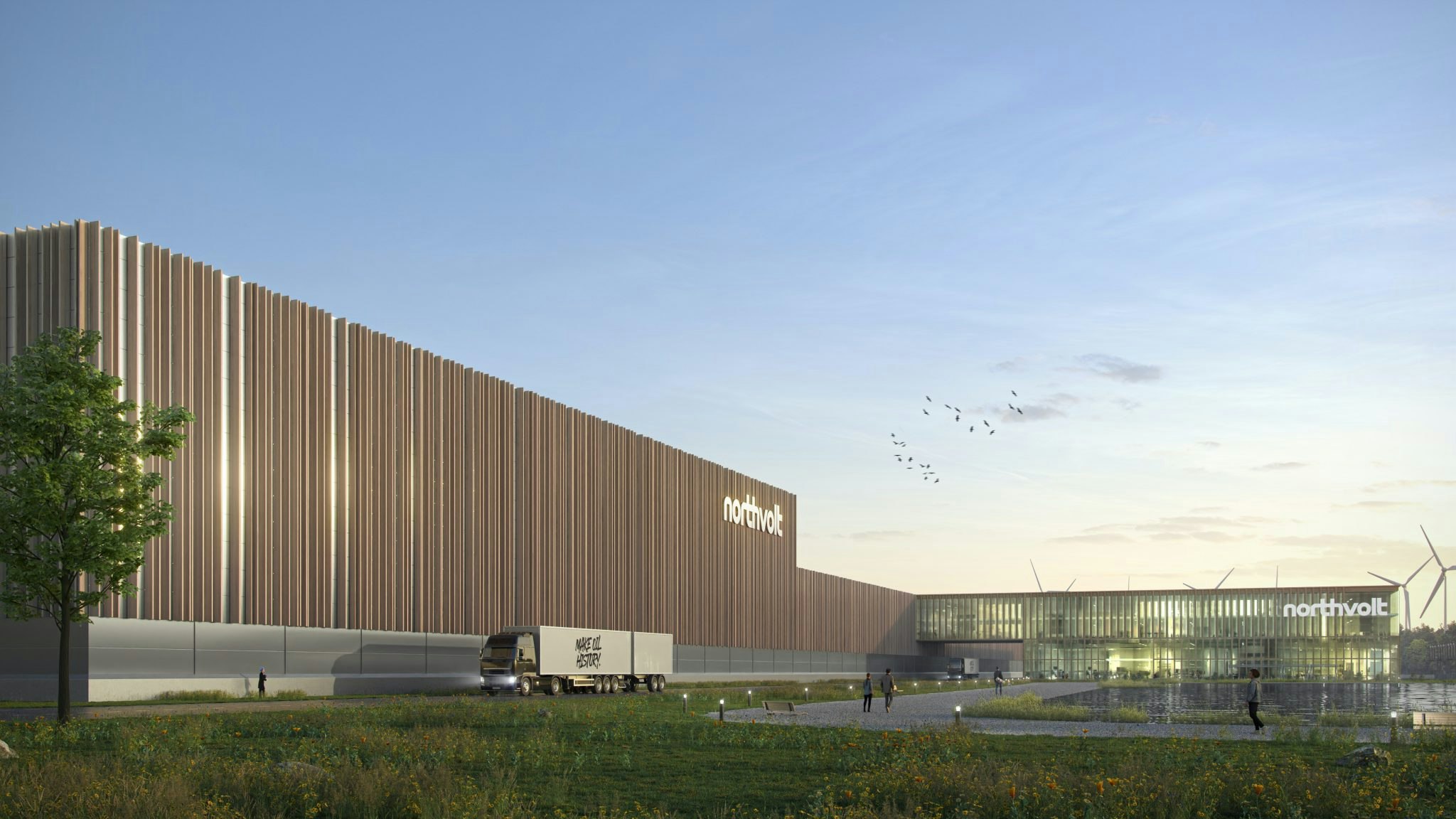Parts of the timber industry are still partying like it’s 1999 — processes like email and sometimes even fax are still the go-to for closing deals, says Thomas Androutselis, cofounder of timber marketplace Timberhub.
But that’s starting to change. There’s been a surging interest in green building solutions — and timber in particular, which is far greener than materials like concrete and steel — as investors and founders look for ways to tackle the fact that the construction industry accounts for a third of global energy consumption. Governments are also acting — France, for example, is set to bring in a law later this year that requires all new public buildings to be constructed from 50% timber.
Dutch startup Timberhub is one of the companies looking to tap into that, digitising a previously fragmented market and allowing companies to buy timber directly from its marketplace. It’s just raised a €5.8m seed round led by HV Capital, Creandum and Speedinvest — which also led its 1.5m pre-seed round in March this year.
The green building industry is worth $459bn globally and is estimated to reach $650bn by 2027. And it's not just timber: companies are working on next-generation concrete that use less emissions and steel produced using hydrogen.
How Timberhub works
If you want to buy some timber, you’d typically contact suppliers you know and make a request, usually over WhatsApp or email.
It’s common not to hear back if the supplier doesn’t have the dimensions you need, says Ion Sergis, another Timberhub cofounders. It also means that the pricing structure is opaque, varying by up to 30% on the same day for the same product.
Using Timberhub, construction companies submit a request and an algorithm allocates it to relevant suppliers. They then make an offer and Timberhub sends that back to the company, showing the best price available and the quickest delivery option. It also runs the transport and payment process.
The B2B marketplace boom
At present, the marketplace is active in 15 countries across the European Union, with a particular focus on Germany.
Timberhub’s model echoes a number of other B2B marketplaces popping up in Europe in the last few years. There’s also Rooser, which is trying to streamline Europe’s seafood industry, which also previously relied on fragmented email and WhatsApp deals.
Sourcing sustainable wood
Wood is a 100% renewable building material; but only if it’s sourced from sustainable forests. Because the industry has previously been so fragmented, illegally logged timber can enter the supply chain. It’s something Timberhub has to screen suppliers for.
At present, the company is just working on soft wood varieties, like spruce or pine, but if it expands to offer other varieties — particularly tropical hardwood — then the company will also have to run checks on the levels of deforestation happening in the areas it sources wood from, and to check that the level of consumption is sustainable.
Timberhub plans to use the new funding to expand the marketplace offering to include tracking for shipments as well as payment structures.
“Procurement is the first step, then we want to become the operating system of the industry as a whole,” says Sergis. “And help people understand things like when it’s the best time to procure which materials, and where construction companies should source from.”


